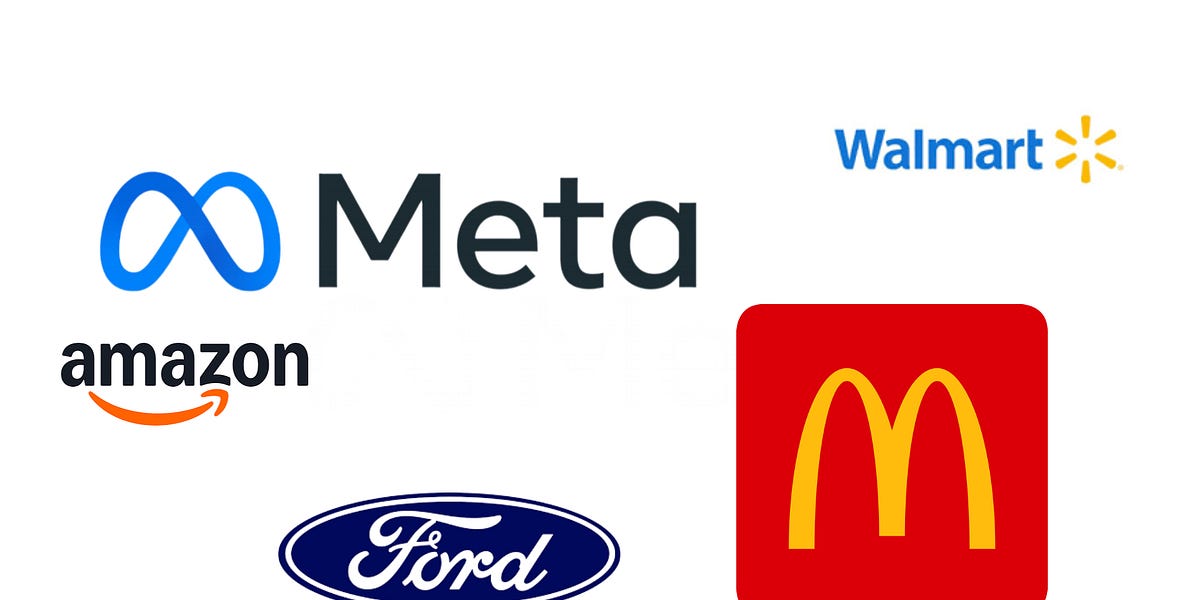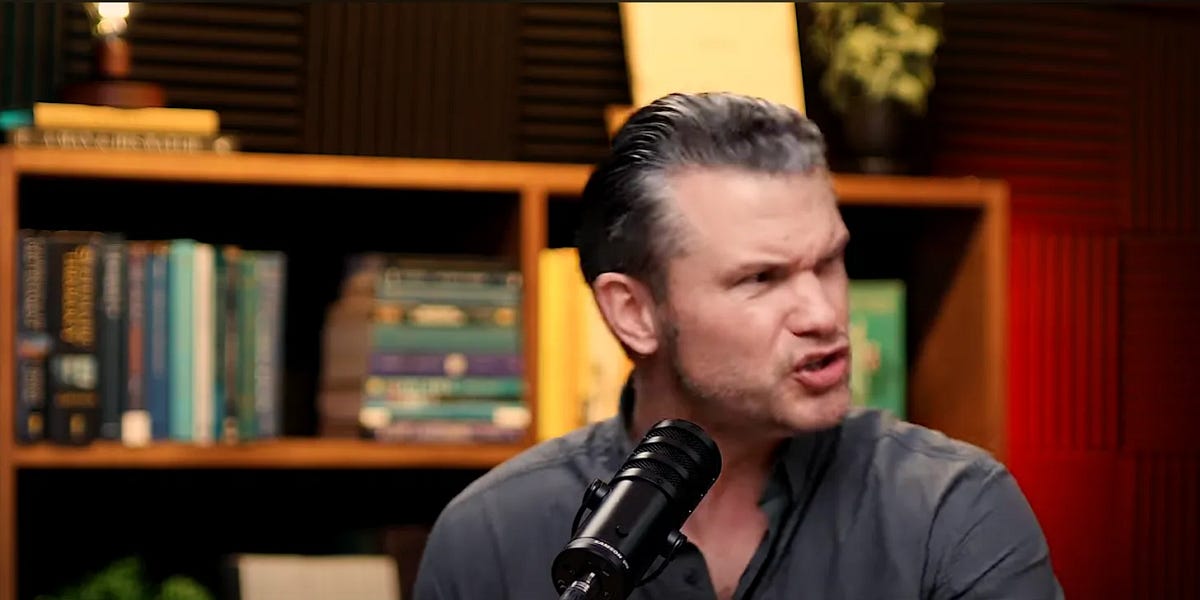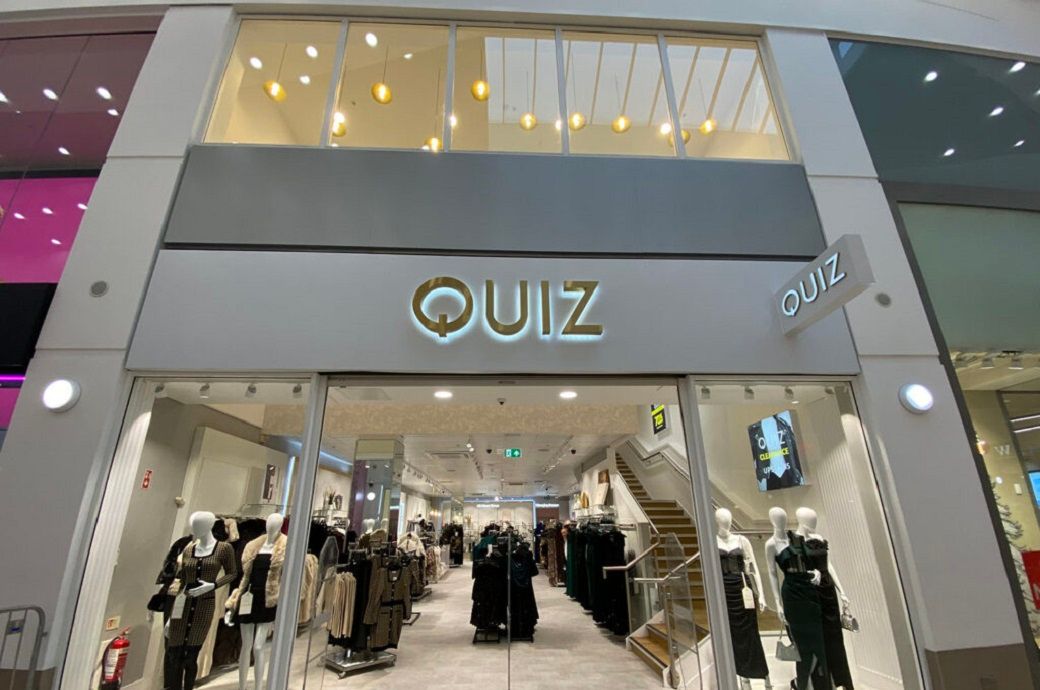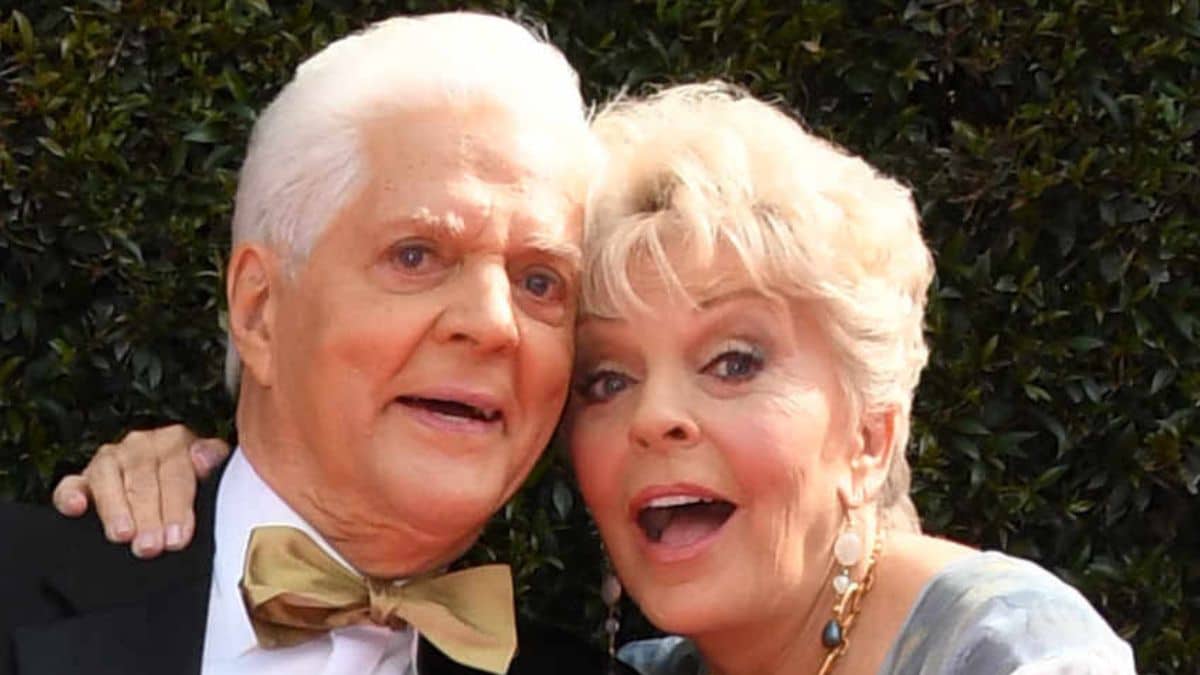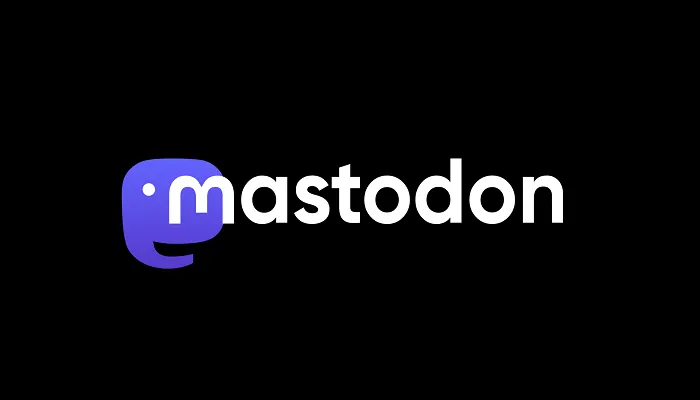Remember those clichés and purported statistical facts about how voyaging from points A to B by plane is far safer than travelling by car? That the chances of dying in a car crash are more than 200,000 times higher, with fatalities in car travel averaging around 1 in 5,000? This is a fascinating fact—however, when a door plug of a Boeing 737 MAX blows out shortly after departure, and when you take the soaring numbers of technical incidents that occurred during flights in the 2020s into account, you’ll swiftly realize that psychology and trust are not abstract concepts. Trust in a brand matters, for obvious reasons.
Bjorn Fehrm, an analyst at Leeham News, a publication focusing on the aviation industry, indicated the incident may have occurred because of procedural mistakes during security checks. Procedures are basically a set of well-structured rules people in organizations are required to abide by.
Now, the issue with rules is that they’re upheld or neglected by people who have to stick to intense schedules and who must possess one asset that’s essential: attention.
Mindfulness, purpose and organizational maturity are aspects that distinctly determine one’s capacity for attention.
Why mindfulness? Because the ability to be fully present and undistracted determines whether or not somebody sticks to a process that isn’t just an organizational adornment, but a life-saving structure that’s been put in place to, for example, ensure passengers reach their destination safe and sound.
Purpose must be well-established so that people fully understand and internalize processes. Just with other abstract principals that have real consequences, purpose must be repeated, ritualized, and deeply ingrained in corporate culture.
Organizational culture and maturity deeply matter, too. The cultural status quo within a system can be measured and assessed in all kinds of smart ways—zooming in on perceived responsibility, psychological safety, ownership and so forth. Mature organizations are resilient systems where people feel valued, appreciated, positively challenged and purposeful.
Immature organizations display shadow sides—to put this in Jungian terms. These organizations predominantly care about shareholder value, the financial bottom line, and growth. In fact, these are some of the characteristics for which Boeing is criticized.
Today’s leaders should ponder the consequences that their decisions will have on individuals, teams, organizations, markets, the environment and society. The actions one takes as an ethical leader influence the well‐being of communities, economies and the global society. Taking principled stances contributes to a more just and compassionate world. Fundamentally, prioritizing ethical leadership creates a ripple effect of positive change.
The values and ethics of leaders set the tone in shaping organizational culture. In promoting a mature culture, values-based principles must be resolutely applied and, as noted above, ritualized. Ethical leadership can be boiled down to these simple yet highly significant pillars:
1. Beneficence: What good can I contribute on a daily basis?
2. Non-maleficence: What can I contribute in order to avert harm?
3. Golden rule: Do unto others as you would have them do unto you.
4. Organizational justice: Get rid of double-standards, establish a culture of trust, and potentially flag misconduct.
5. Everybody is a role model: Instill responsibility for ethical conduct throughout the organization, not just for those in leadership positions.
6. Rewards and incentives: Recognize, praise and acknowledge ethical conduct.
Organizations will want to put ethical check-ins into practice, such as culture assessments, trainings, mentoring programs where ethical dilemmas play a role. Further, they can gauge job applicants’ ethical compasses by presenting scenarios involving moral choices.
The Boeing airplane’s door plug failing on January 5, 2024, has rekindled scrutiny of air travel and Boeing’s systemic, procedural and, of course, leadership-related insufficiencies. A serious reset that puts a focus on ethical leadership as an integral element by its leadership and employees alike will most likely play an important role in turning the tides to reestablish customer trust.











